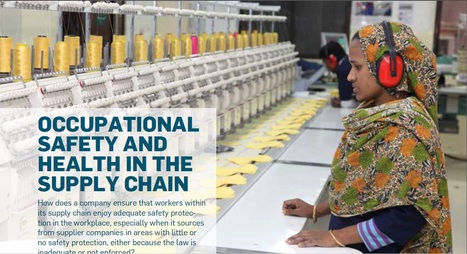During harvest last year, banana farmers in Jordan and Mozambique made a chilling discovery. Their plants were no longer bearing the soft, creamy fruits they'd been growing for decades. When they cut open the roots of their banana plants, they saw something that was turning banana plants into a rotting mass.
Scientists first discovered the fungus that is turning banana plants into this rotting mass in Southeast Asia in the 1990s. Since then the pathogen, known as the Tropical Race 4 strain of Panama disease, has slowly but steadily ravaged export crops throughout Asia. The fact that this vicious soil-borne fungus has now made the leap to Mozambique and Jordan is frightening. One reason is that it’s getting closer to Latin America, where at least 70% of the world’s $8.9-billion-a-year worth of exported bananas is grown.
Chiquita, the $548-million fruit giant with the world’s largest banana market share, is downplaying the risk. ”It’s certainly not an immediate threat to banana production in Latin America [where Chiquita's crops are],” Ed Lloyd, spokesman for Chiquita, told the Charlotte Business Journal in late December, explaining that the company is using a “risk-mitigation program” to approach the potential spread.
Via Dr. Stefan Gruenwald



 Your new post is loading...
Your new post is loading...










For more about banana's see Dan Koeppel's Blog: http://www.bananabook.org